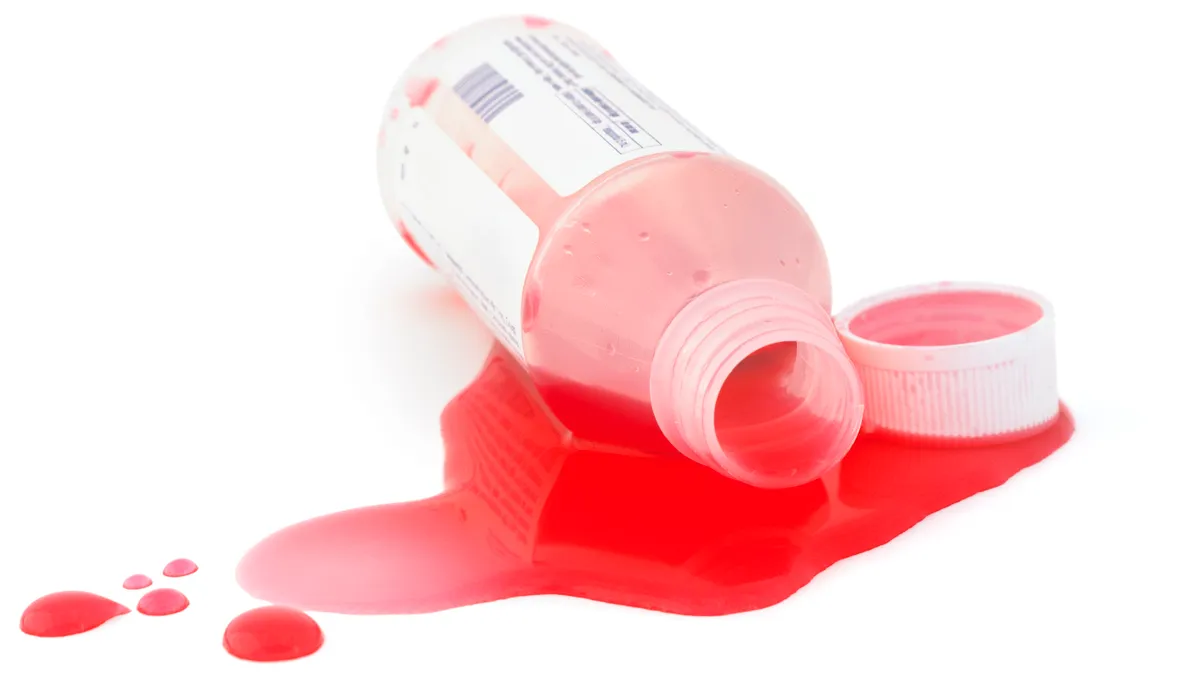When an FDA advisory committee renders a verdict against a drug, the regulatory agency isn’t bound to follow its advice. But these decisions still hold massive sway.
In addition to grabbing headlines and impacting public opinion, adcomms are often considered the trusted third-party voice in a conversation about the safety and efficacy of medications — with the potential to have a major impact on future prospects of that drug.
Unfortunately, news from adcomms that met recently hasn’t been positive for several medications that were under consideration. Here are some of the most impactful decisions from those committees this month.
A setback for an experimental ALS treatment
The drug: NurOwn, BrainStorm Cell Therapeutics’ experimental ALS treatment
The verdict: The Cellular, Tissue, and Gene Therapies Advisory Committee voted 17-1, with one member abstaining, against the drug candidate.
Why it matters: The recent vote is the latest blow to BrainStorm’s journey with NurOwn, a therapy that involves harvesting mesenchymal stem cells from bone marrow and then engineering them to fight neurodegenerative diseases.
Last year, the FDA shot down BrainStorm’s biologic license application, but the company used the agency’s File Over Protest procedure to get an adcomm vote and PDUFA date for Dec. 8, 2023.
Members of the adcomm this month were not convinced that BrainStorm’s treatment works and in briefing documents ahead of the meeting, the FDA said the company’s manufacturing information was “grossly deficient.”
Although the FDA has approved three new drugs to treat ALS in the last six years, there is still no cure for the progressive disease.
Read more: ‘Death by 1,000 cuts:’ How emerging tech could change the journey for ALS patients
More speedbumps for a diabetes implant
The drug: Intarcia Therapeutics’ ITCA 650, an extended release GLP-1 agonist implant for Type 2 diabetes
The verdict: A 19-person Endocrinological Metabolic Drugs Advisory Committee voted unanimously against the implant.
Why it matters: Once a biotech unicorn, Intarcia has struggled to fulfill its mission of bringing a diabetes implant to bear. Before this recent adcomm rejection, the FDA had already delivered two complete response letters to the company, citing safety concerns with the device.
In its decision, the adcomm pointed to concerns with acute kidney injury and cardiovascular outcomes.
Although the health risks were “low,” an adcomm member noted that the time to figure out how to mitigate those risks is before approval — not after. The committee also concluded that a larger study would be needed to better assess cardiovascular outcomes.
Studies of ITCA 650 have shown it to be effective at lowering blood sugar and weight in patients with Type 2 diabetes. Because demand for GLP-1 drugs for weight loss has skyrocketed, an implant designed to deliver a steady dose of the drug that only has to be changed a few times a year would be a game-changer in the red hot market.
The quest continues to develop an implant that could replace the injectable GLP-1 drugs currently on the market. In addition to Intarcia’s candidate, Vivani Medical is also developing a GLP-1 implant it believes could mitigate some of these safety concerns and reported earlier this year that its device is entering phase 2 studies.
Read more: Where one unicorn struggled, another biotech is aiming for a diabetes win
A bombshell blow to OTC cold medicines
The drug: Phenylephrine, an active ingredient in many OTC cough and cold products
The verdict: In a stunning rebuke of a drug that’s been on the market since the 1970s, the Non-prescription Drug Advisory Committee determined in a 16-0 vote that new data does not “support that the recommended dosage of orally administered phenylephrine is effective as a nasal decongestant,” the agency reported this month.
Why it matters: Phenylephrine is in nearly 250 products that pulled in about $1.8 billion in sales last year, according to the FDA. Given the adcomm’s decision, the FDA will now have to determine if these products should be yanked from shelves, even with the flu season fast approaching.
Drugmakers for these OTC products will also have to race to reformulate the medications, which could cause disruptions to the availability of cold and flu treatments. There are also concerns that the situation could create more demand for alternative products containing pseudoephedrine, which is now sold with restrictions because the drug can be used to make methamphetamine.
The legal fallout has also been swift. This week, one class action lawsuit was filed against Walgreens by a plaintiff who said she would not have purchased products containing phenylephrine if she had known it was ineffective. Another plaintiff in Florida filed a suit this month against Johnson & Johnson and Procter & Gamble for selling OTC products that didn’t work as promised.
Read more: An FDA proposal could make OTC switches easier. Here’s what the industry has to say




















